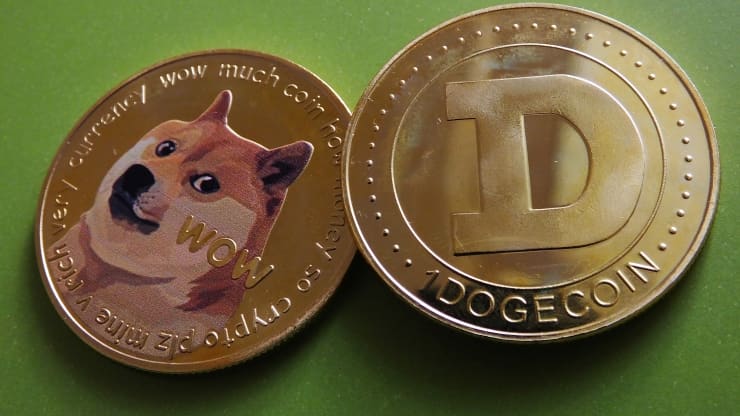- In August, OpenSea became a crypto unicorn after raising $100 million in a funding round led by Andreessen Horowitz.
- As a result of the NFT boom, OpenSea trade volume has surged by 76,240 percent year-to-date.
- Amidst the surging interest, some users have reportedly lost $100,000 in NFTs as a result of a bug.
Amidst the rising NFT boom, a flaw on OpenSea’s marketplace is said to have erased user-owned NFTs worth 28.44 Ether (ETH), which is approximately $100,000 at the time of writing.
Nick Johnson, the chief developer of the Ethereum Name Service, or ENS, released the information online after purportedly losing an NFT tied to the initial ENS, rilxxlir.eth. ENS is a naming system that allows users to store text-based content on the Ethereum blockchain as a non-fungible token (NFT).
How the Non-fungible Asset was Reportedly Lost


Johnson noted that the token was delivered to what looked to be a burned account while transferring the NFT from an ENS account to a personal account:
“I went to OpenSea and typed in ‘nick.eth’ in the ‘transfer’ field. The transaction was completed in a matter of seconds! rilxxlir.eth has been moved to the address 0x0000…0000edd899b. “What are you talking about?”
Johnson claims that his first contact with OpenSea confirmed that the NFT-burning issue had been implemented on the platform’s transfer page, affecting all ERC721 transfers to ENS identities for the previous 24 hours.
OpenSea has Responded Swiftly to the Surprise Developments
According to the information posted on the official Twitter handle of the OpenSea, the firm noted that:
“We’ve reached out to the small number of users who were affected by the issue yesterday where sending an NFT to an ENS name sent it to the encoded version of the literal text (e.g. “OS.eth”) instead of the associated address. This was a bug we introduced and fixed that day.”
Because of the system bug, Johnson was able to follow down at least 30 transactions from 21 accounts whose NFTs were lost. A total of 42 NFTs were burned by the information provided.
The missing ENS token, according to Johnson, had no monetary worth but was valuable because it was the first ENS name to be registered.











